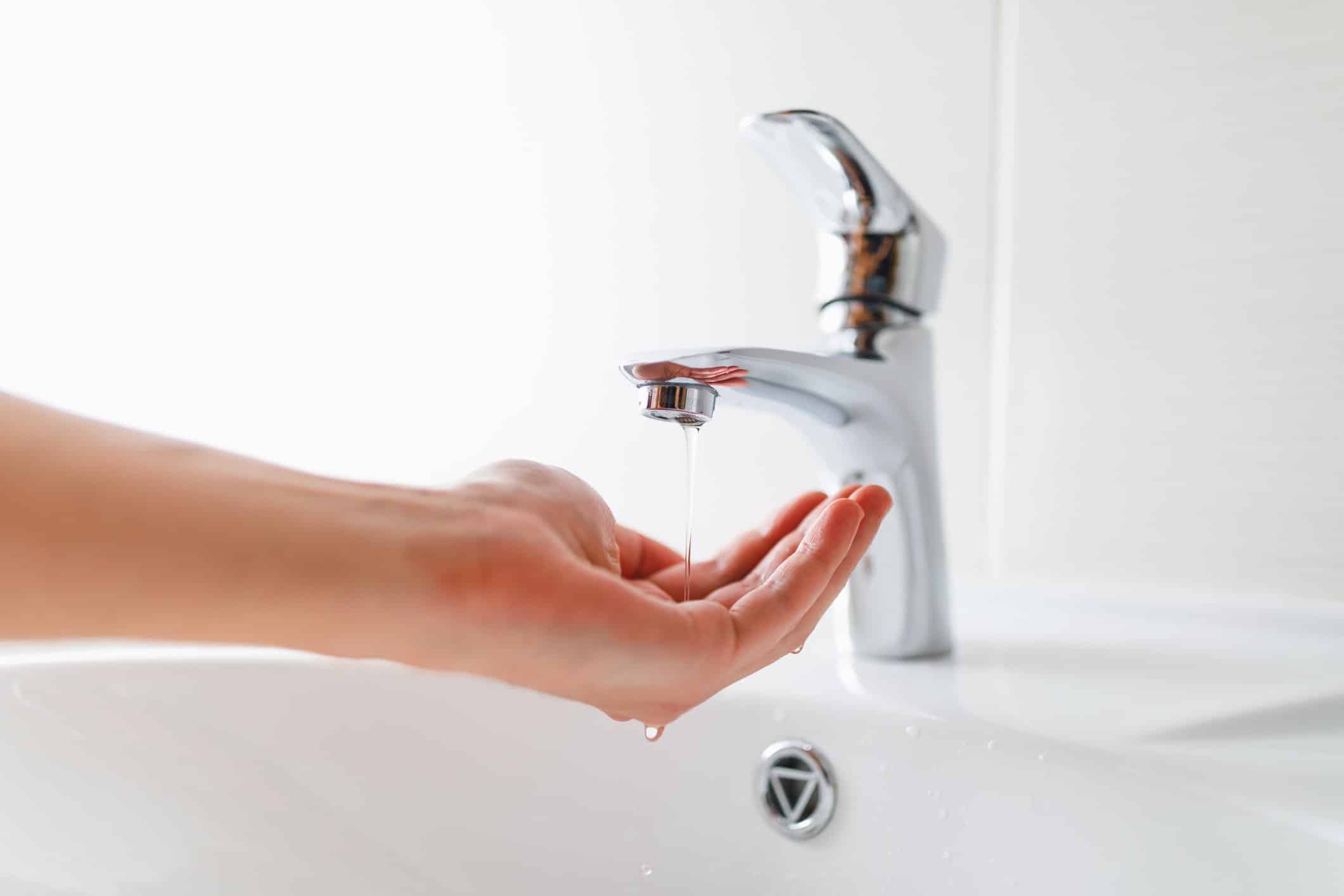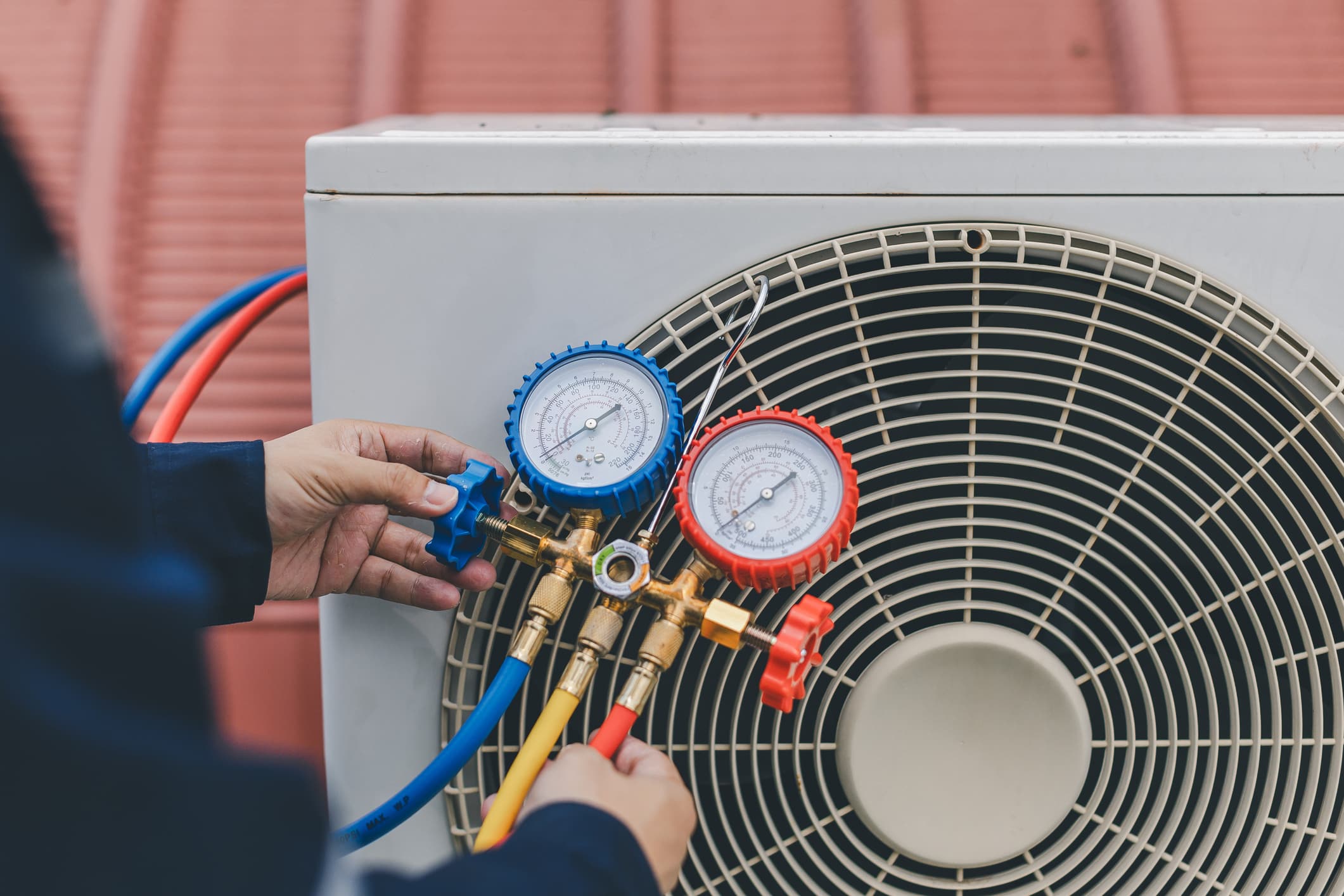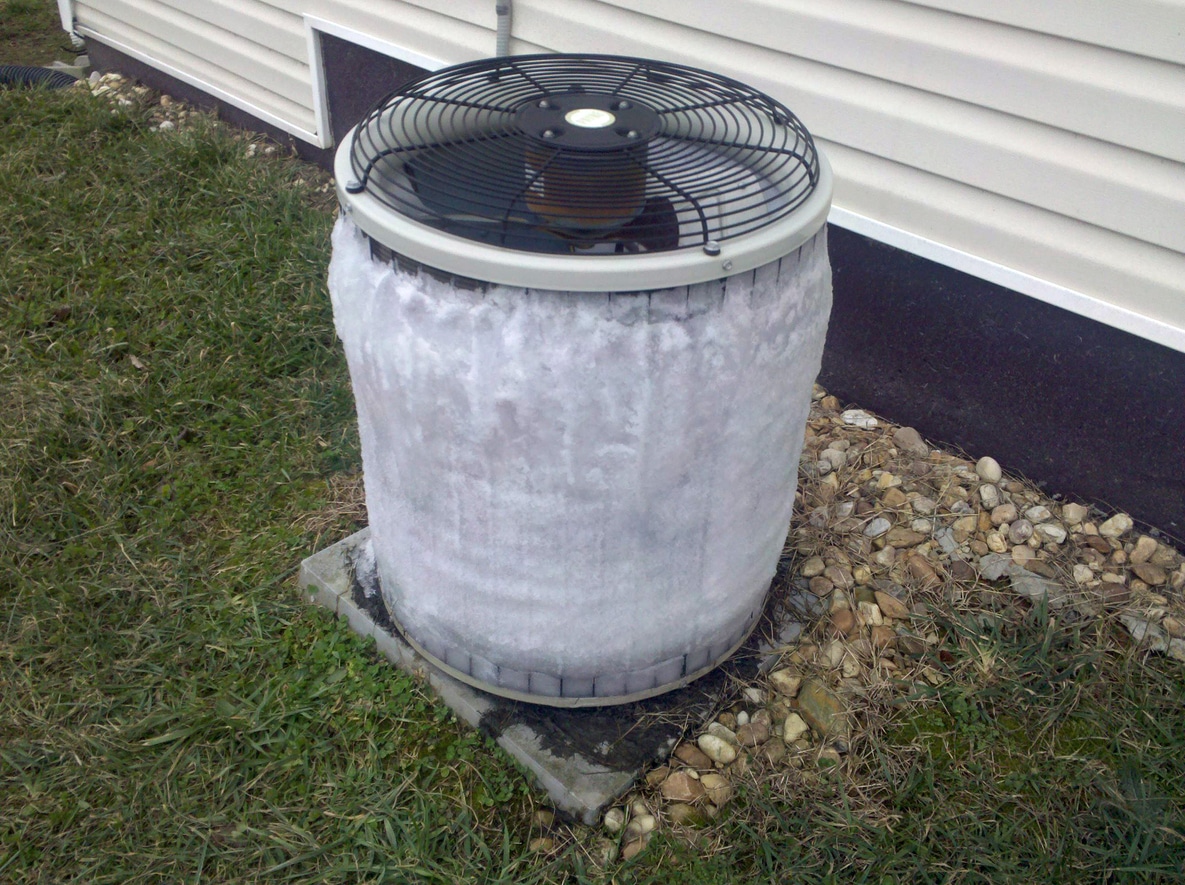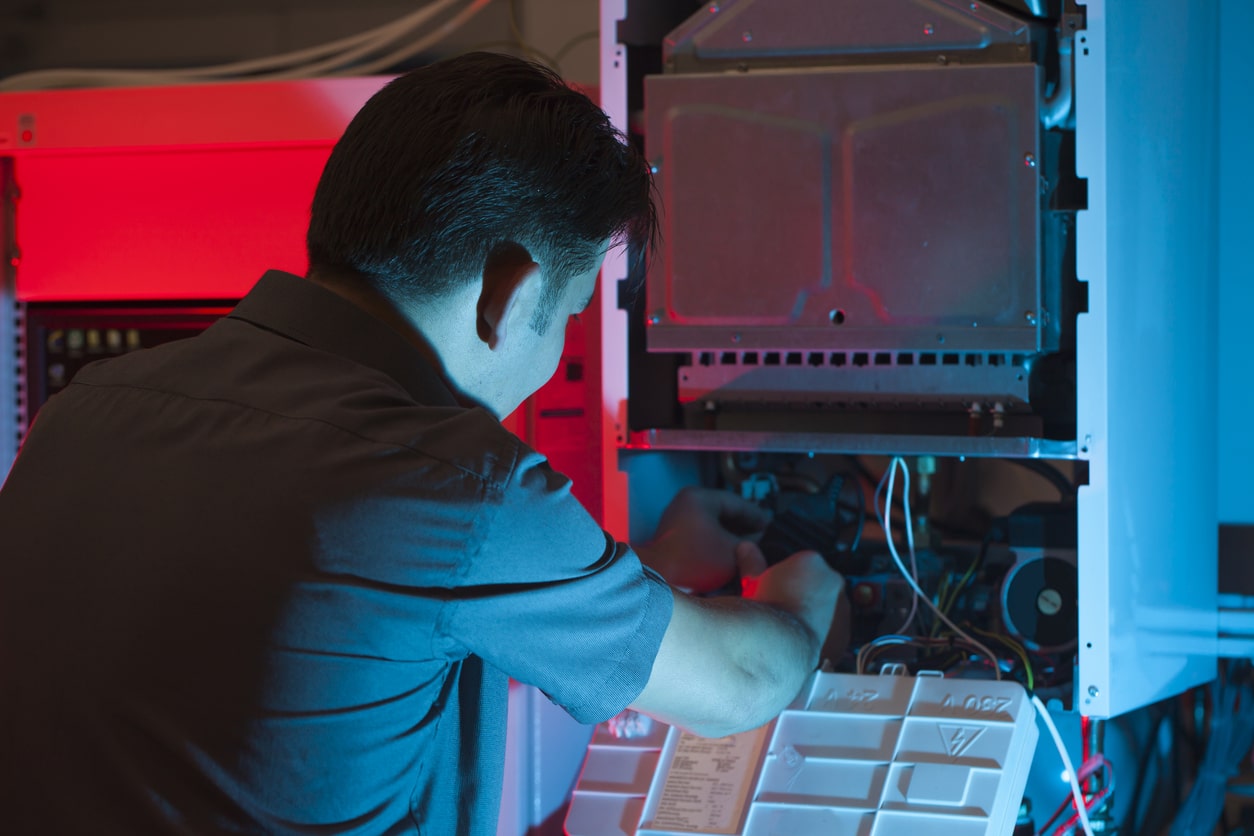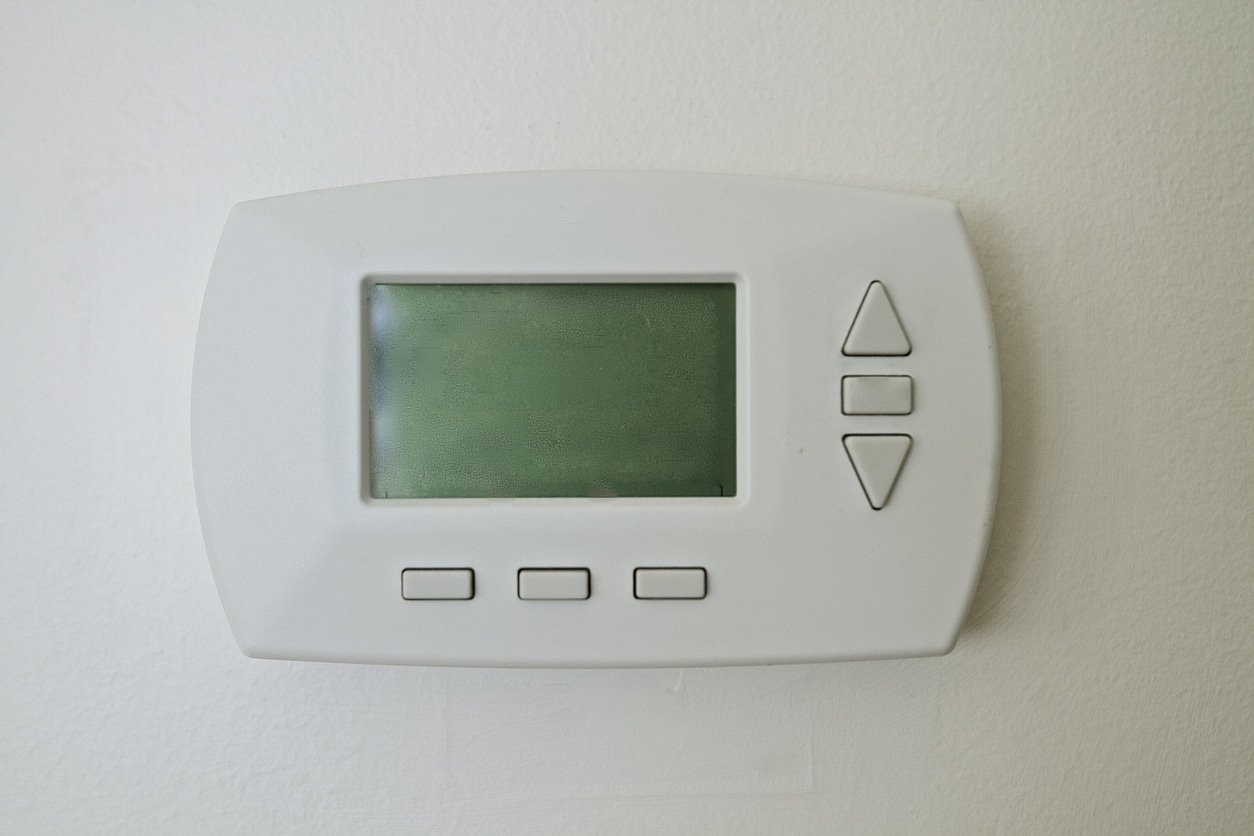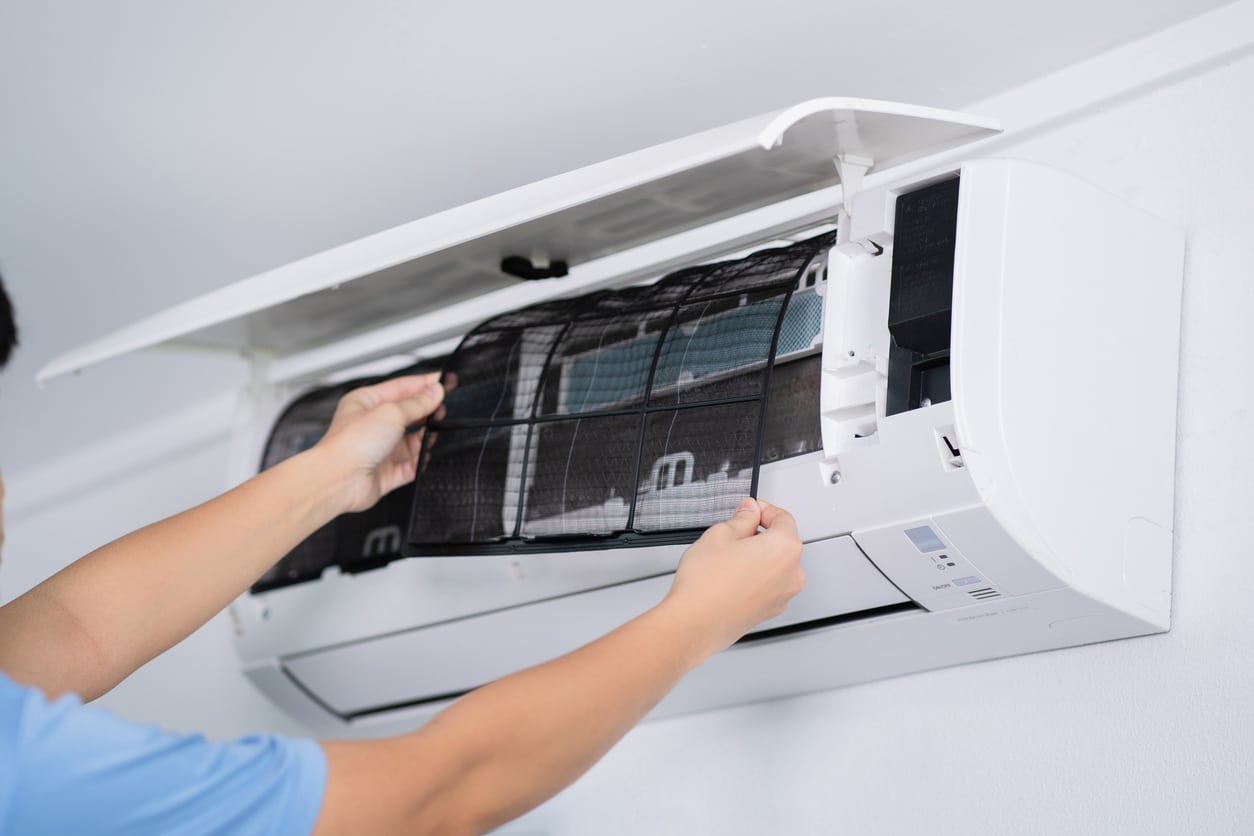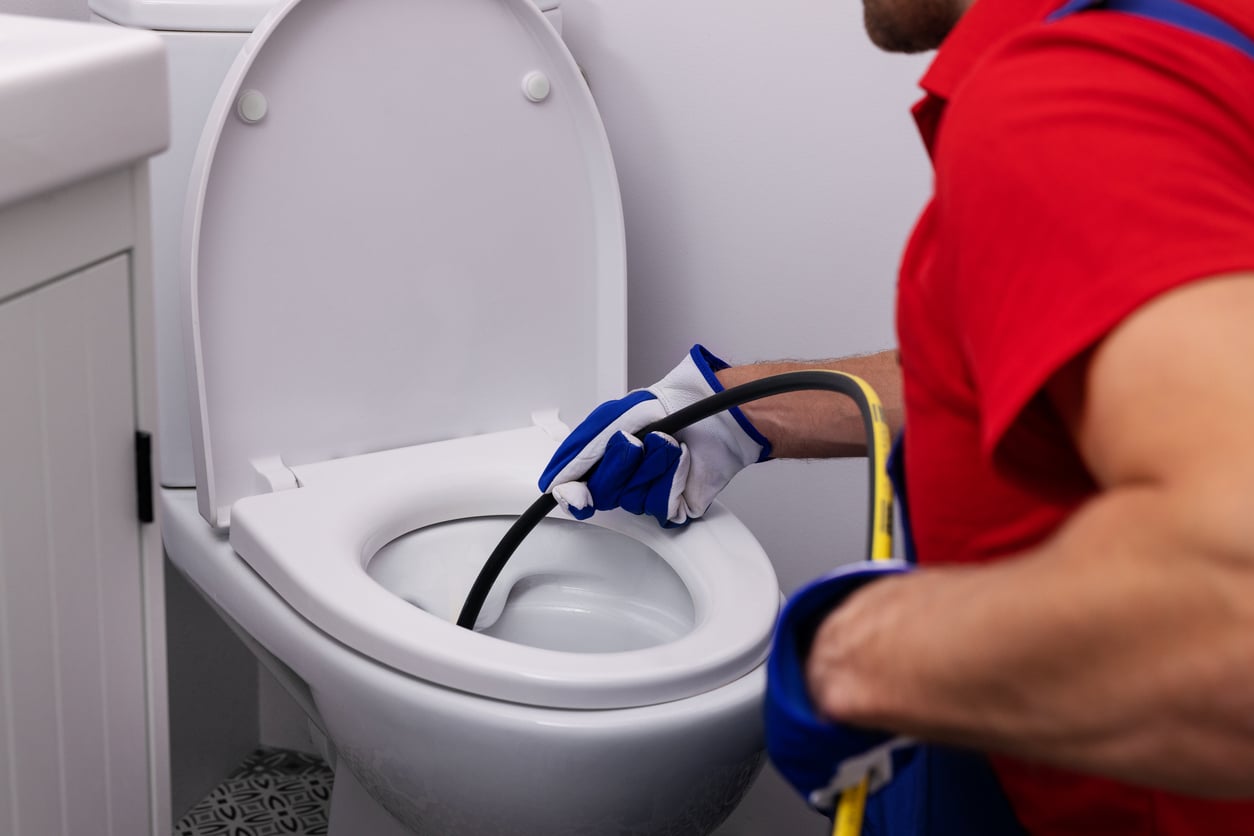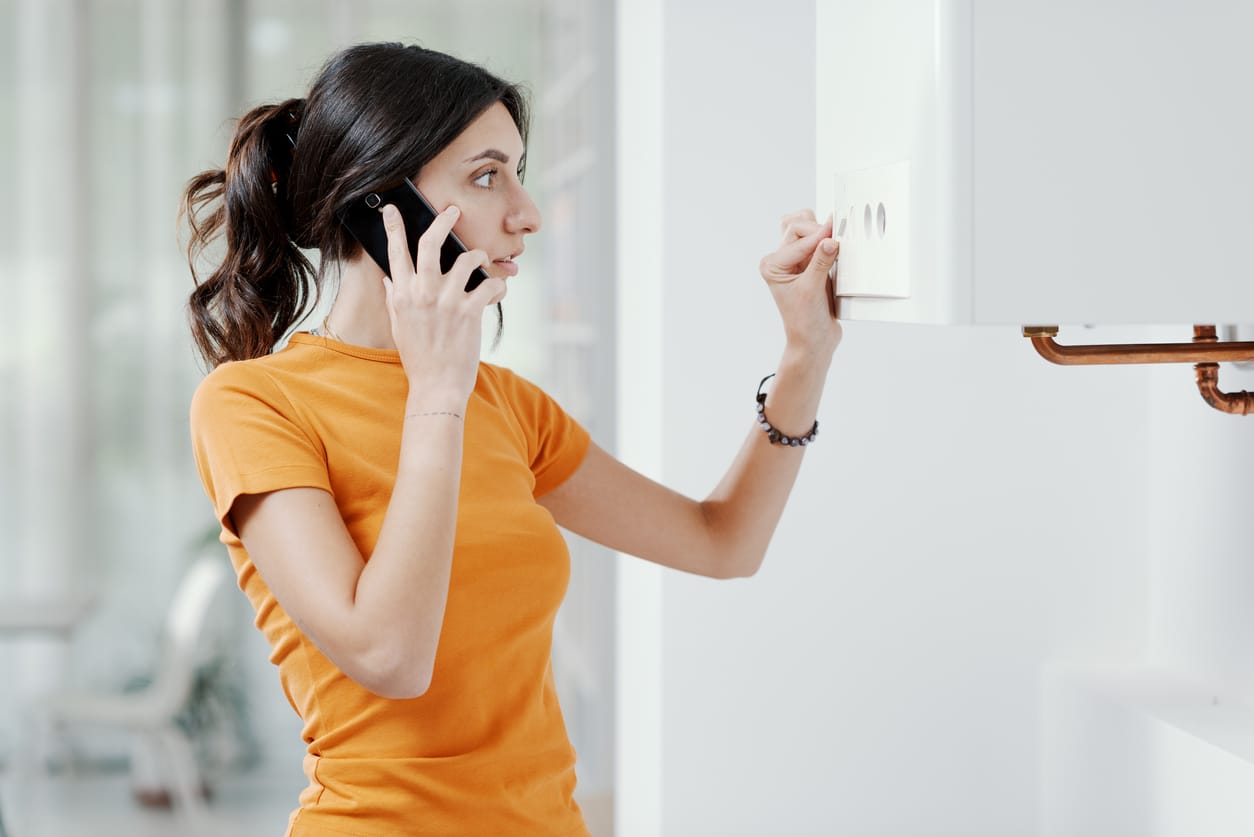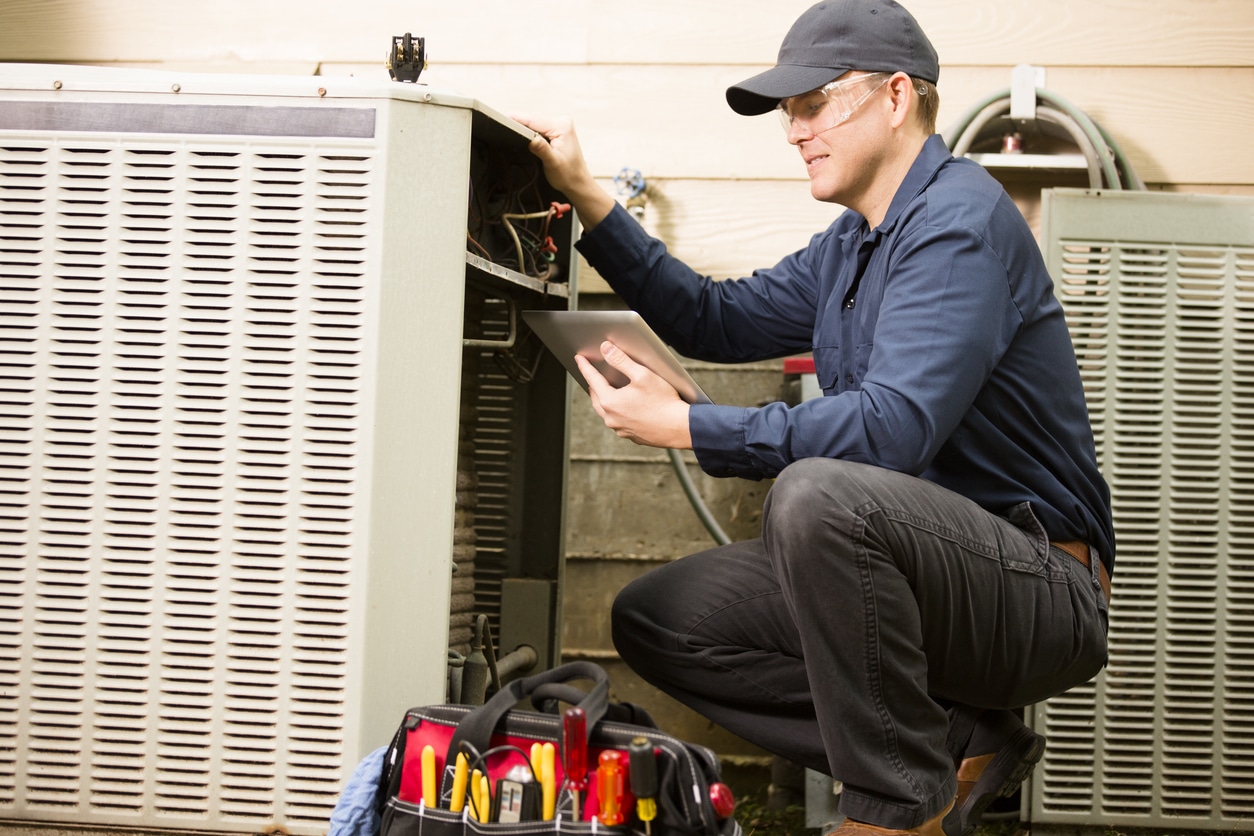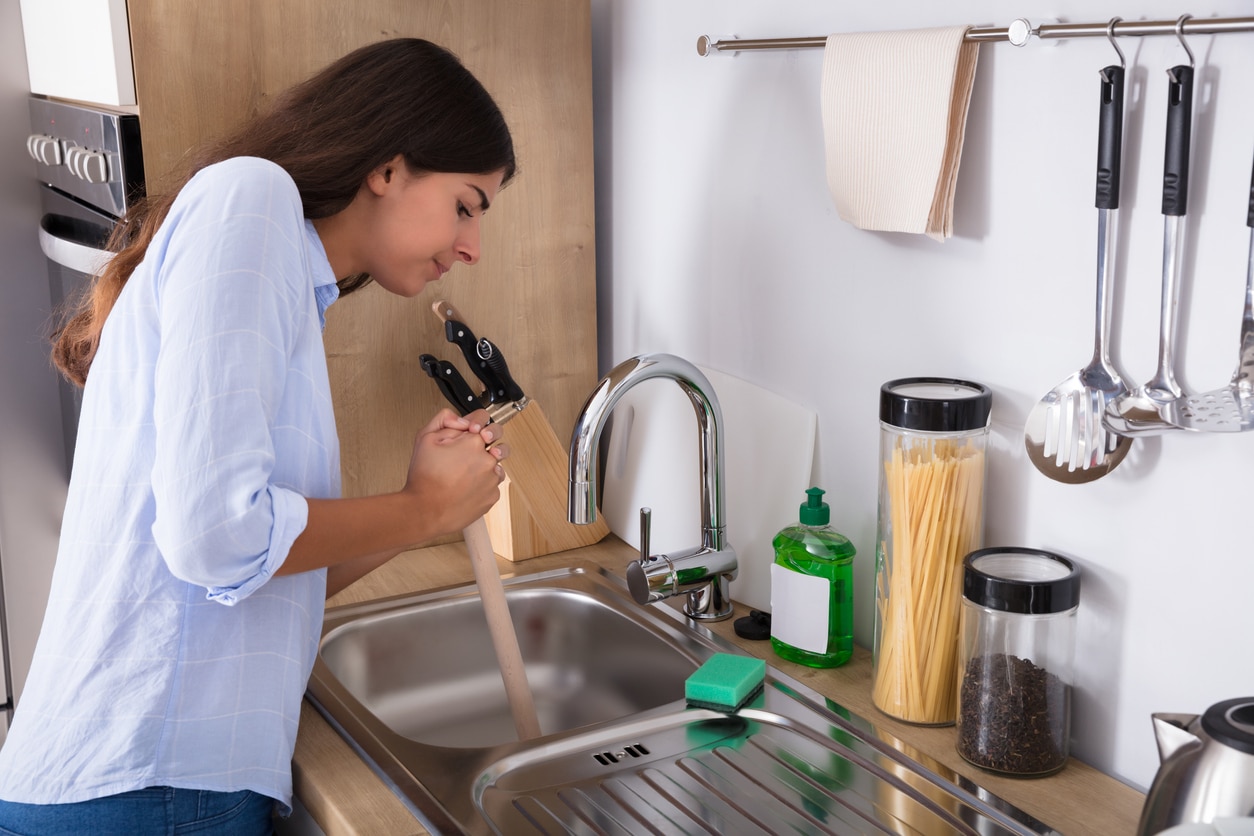Poor water pressure might not be a big deal, but there’s a chance that it could be an indication of a bigger issue. As soon as you notice a water pressure issue in your home, you should call for plumbing repair in Dundalk. They can spot the problem and address it before you have an emergency or a disaster. Here are ten reasons you might be experiencing low water pressure.
The Provider is to Blame
The first thing you should do when you notice low water pressure is call your water provider. Sometimes, the water provider has issues that carry over to your home. If others in your neighborhood notice a decrease in pressure, you should take it as a hint that the water provider is responsible.
Your City Decreased the Pressure Maximum
To prevent damage to plumbing and wasted water, city officials regulate water pressure. If they pass a new law that decreases the water pressure maximum, you will notice a change in your own pressure. Consult with your municipality to find out more.
Your Valve is Slightly Closed
The main valve on your water line needs to be all the way open for you to have great pressure. If you or someone else recently opened or closed the water valve, there’s a chance that the individual never opened the valve all the way. Because less water comes through, the pressure can never meet your expectations.
Another Valve is Slightly Closed
The main valve isn’t the only valve you need to worry about. Before you call a plumber, check the main water meter valve. It might be difficult to access, so you should consult with your water company. If they recently worked on your water, they may have left the valve shut.
Your Pressure Regulator is Broken
If your home has a pressure regulator, this could be the reason for your water woes. Over time regulators can fail and result in too little water coming through your home. Test the pressure by using a pressure gauge on the outside spigot near the regulator.
There’s a Blockage
When people think of
plumbing clogs, they usually imagine slow drains. But a slow drain isn’t the only sign of a blockage – low water pressure can also be indicative of a clog. If a clog is large enough and in the wrong place, it could slow the flow of water into your home. Typically, clogs of this magnitude require a costly fix.
Corrosion
In older homes, corrosion is a threat to your plumbing. When water lines experience corrosion, the threat is even greater. You could have rust in your lines that slow the water flow and give you poor pressure. Furthermore, you could be drinking the rusty water. Your only option may be to replace the pipes.
Your Neighbor Shares Your Water
Although this isn’t common, it’s possible. In some places, water lines are shared between neighbors. When your neighbor takes a shower, you will have low water pressure. On top of dealing with your household needs, your plumbing needs to account for your neighbor’s needs as well. One way to remedy this is to have a plumber repipe your water lines. However, you should be aware that this is a costly and time-consuming process.
There’s a Leak
This might seem obvious but people often overlook it as the cause of their low pressure. If you have a puncture or break in your water pipes, the flow will be too slow to give you the appropriate pressure. Look for any indication of a leak, like mold, mildew, or puddles. Even if you can’t see the leak, you should reach out for help. Some leaks remain hidden for weeks or months at a time. Before you have significant damage, call for assistance.
Bad Fixtures
Don’t be so quick to blame your pipes! If you have old fixtures, they might be the reason for your low water pressure. For instance, the
aerator of a faucet could become clogged with minerals. The debris in the aerator is reason enough for your water pressure to suffer. Your shower head can also experience the same issue. If you notice hardened minerals on your sink or showerhead, try cleaning it with vinegar and water. Scrub the fixtures with an old toothbrush, then replace the fixtures. If your water pressure returns to normal, you don’t have anything to worry about.
FAQ: What would cause low water pressure in a house?
There are several issues that could be to blame for your low water pressure. Although it might be something as simple as a problem caused by your water service provider, it could also be something more sinister. You might have a clog in your line or corrosion in your pipes. The only accurate way to determine the issue is to call a plumber and have them assess the situation. With a camera inspection, a plumber can determine the issue and perform low water pressure repair.
How can I make my water pressure stronger?
There’s an easy way to improve your water pressure – call a plumber! If you have poor water pressure, there’s a reason for it. Only a plumbing repair services company can inspect your plumbing and come up with a solution. If you just have a clogged shower head, you don’t have much to worry about. Whether your plumbing issues are minor or major, we can help.
Do water softeners affect water pressure?
Generally, your water softener shouldn’t give you low water pressure. But, if you have a clog in your water softener, you could have low pressure. Another possibility is a malfunction with the recharge cycle. Before you jump to any conclusions, speak with someone who offers plumbing installation services and repairs.Here at Reliability Home Services, we want to keep your water pressure high enough for your comfort. To learn more about our company and our plumbing repair in Dundalk,
call us now.

